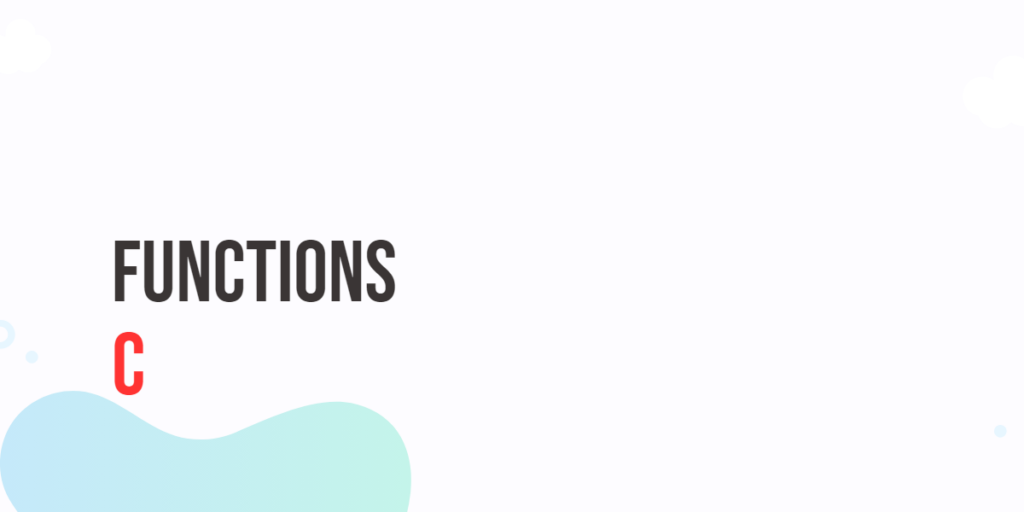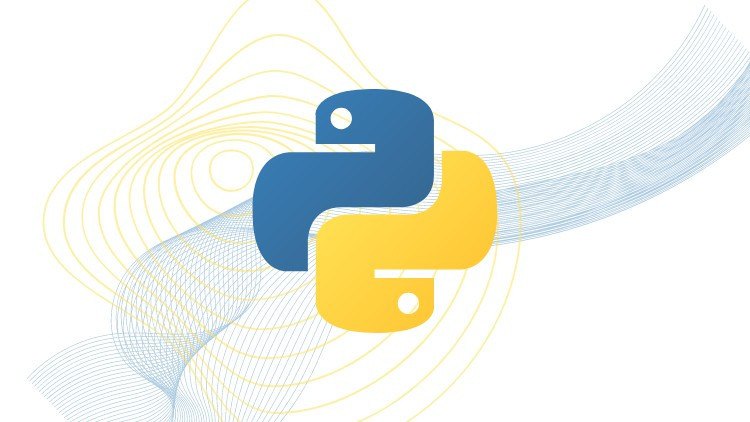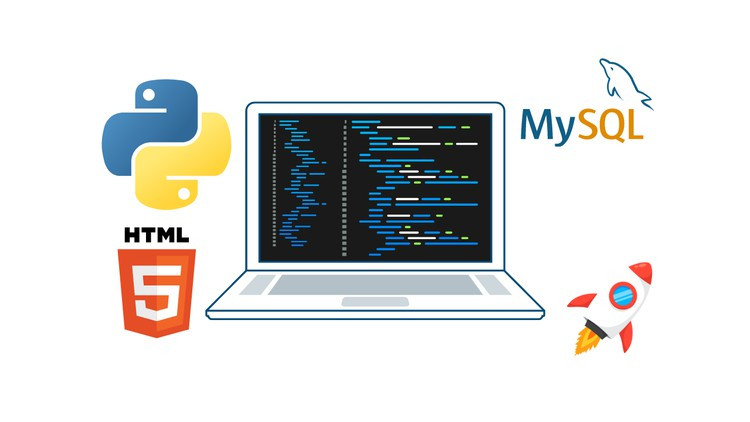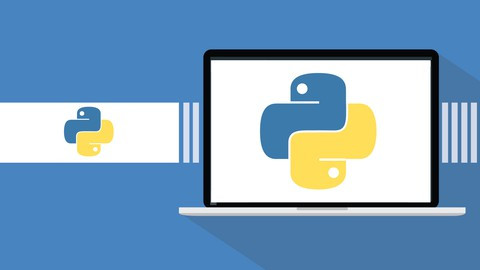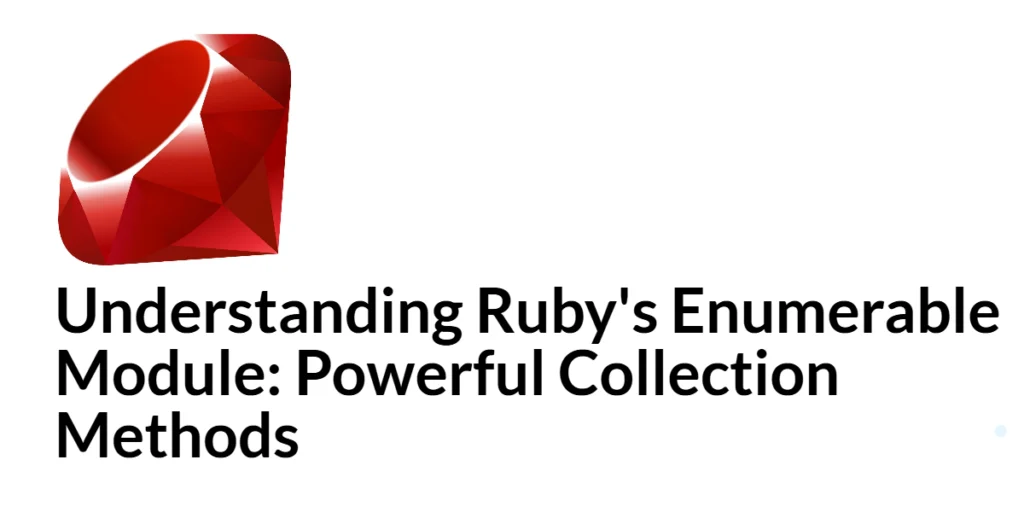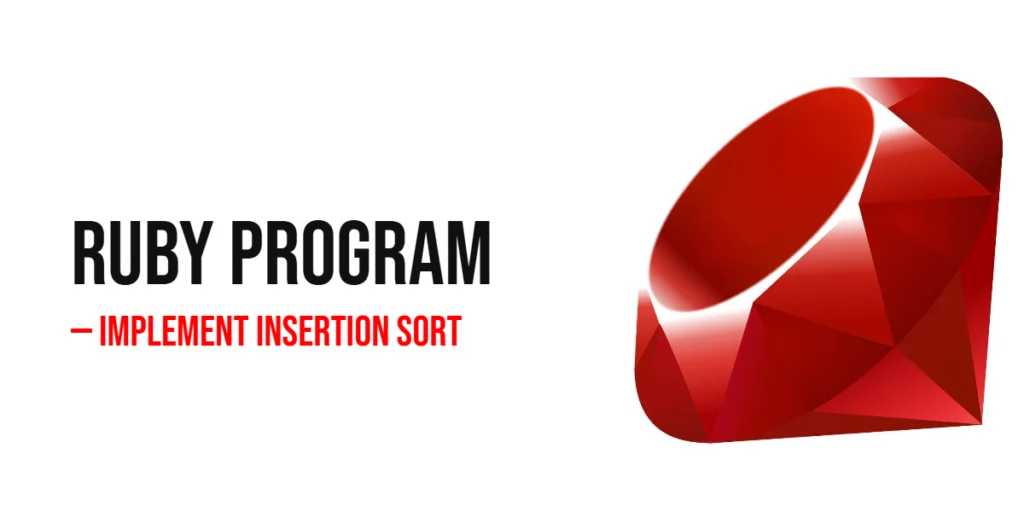When it comes to programming in C, functions are an essential building block. They allow you to break down your code into manageable pieces, promote code reusability, and make your programs more organized. In this article, we will delve into the world of C functions, covering topics like return types, parameters, passing arguments by value and by reference, variadic functions, and function prototypes.
What is a Function?
In C, a function is a self-contained block of code that performs a specific task. Functions are essential for organizing your code into modular and reusable units. They take input, perform operations, and often return a result. Understanding the anatomy of a function is crucial.
Here’s a basic structure of a C function:
return_type function_name(parameters) {
// Function body
// ...
return result; // Optional
}Let’s explore the key elements of a function in more detail.
Return Types: void and Non-void
Void Return Type
A function may or may not return a value. When a function doesn’t return anything, it has a void return type. Here’s an example of a simple void function:
#include <stdio.h>
void greet() {
printf("Hello, World!\n");
}
int main() {
// Call the greet function
greet();
return 0;
}In this example, the greet function prints a message, but it doesn’t return any value.
Non-void Return Type
On the other hand, a function can have a non-void return type, such as int, float, or char. It means the function returns a value of that data type. Here’s an example:
#include <stdio.h>
int add(int a, int b) {
return a + b;
}
int main() {
// Call the add function and store the result
int result = add(5, 3);
printf("The sum is %d\n", result);
return 0;
}In this case, the add function returns an int value, which is the sum of the two input integers.
Parameters: With and Without
Functions can take parameters (also known as arguments) or have none at all.
Functions with Parameters
Functions that take parameters allow you to pass data into the function for processing. Here’s an example of a function that calculates the area of a rectangle with parameters:
#include <stdio.h>
int calculateArea(int length, int width) {
return length * width;
}
int main() {
int length = 5;
int width = 3;
int area = calculateArea(length, width);
printf("The area is %d\n", area);
return 0;
}The calculateArea function accepts length and width as parameters and returns the area.
Functions without Parameters
On the other hand, functions without parameters don’t take any input values. They perform their task based on internal logic or use global variables. Here’s an example:
#include <stdio.h>
// Include the stdlib.h header for rand()
#include <stdlib.h>
// Include the time.h header for time() function
#include <time.h>
int getRandomNumber() {
// Generate a random number between 0 and 99
return rand() % 100;
}
int main() {
// Seed the random number generator with the current time
srand(time(NULL));
int randomNumber = getRandomNumber();
printf("Random number: %d\n", randomNumber);
return 0;
}In this case, the getRandomNumber function doesn’t require any parameters but still performs a specific task. The srand(time(NULL)) line initializes the random number generator with the current time as the seed. This helps ensure that you get different random sequences each time you run your program, making the results more unpredictable and closer to true randomness.
Passing Arguments by Value and by Reference
When you pass arguments to a function, you can do it by value or by reference.
Passing by Value
Passing by value means that the function receives a copy of the argument’s value. Any changes made to the parameter within the function do not affect the original argument. Here’s an example:
#include <stdio.h>
void modifyValue(int x) {
x = x * 2;
}
int main() {
int num = 5;
modifyValue(num);
printf("Value after modification: %d\n", num);
return 0;
}In this example, the modifyValue function doubles the value of x, but the original num remains unchanged because it was passed by value.
Passing by Reference
To modify the original argument within a function, you can pass it by reference using pointers. Here’s an example:
#include <stdio.h>
void modifyValue(int *x) {
*x = *x * 2;
}
int main() {
int num = 5;
modifyValue(&num);
printf("Value after modification: %d\n", num);
return 0;
}In this case, modifyValue takes a pointer to an integer as a parameter and modifies the original value by dereferencing the pointer.
Variadic Functions
Variadic functions are functions that can accept a variable number of arguments. In C, you can create variadic functions using the library.
Here’s an example of a variadic function that calculates the sum of a variable number of integers:
#include <stdio.h>
#include <stdarg.h>
int sum(int count, ...) {
va_list args;
va_start(args, count);
int total = 0;
for (int i = 0; i < count; i++) {
total += va_arg(args, int);
}
va_end(args);
return total;
}
int main() {
int result = sum(4, 10, 20, 30, 40);
printf("Sum: %d\n", result);
return 0;
}In this example, the sum function takes a variable number of arguments using the … syntax and utilizes the library to process those arguments. 4 is passed as the first argument to the sum function, indicating that four integers will be provided as subsequent arguments. The sum is then correctly calculated for these four integers, and the result is returned.
Function Prototypes
In C, function prototypes are declarations that specify the function’s name, return type, and parameter types. They serve as a way to inform the compiler about the functions you intend to use before defining them. This allows you to call functions before they appear in your code, which can be helpful in organizing your program.
Here’s an example of using a function prototype:
#include <stdio.h>
// Function prototype
int add(int a, int b);
int main() {
int result = add(5, 3); // Call the add function
printf("The sum is %d\n", result);
return 0;
}
// Function definition
int add(int a, int b) {
return a + b;
}By including the function prototype at the beginning of the program, you can use the add function in the main function without any issues.
Conclusion
C functions are a fundamental part of C programming, allowing you to organize code, improve reusability, and create more manageable programs. Understanding return types, parameters, passing by value and reference, and using function prototypes are essential concepts to master. By incorporating these elements into your coding repertoire, you’ll be well on your way to becoming a proficient C programmer.
I hope you found this article informative and useful. If you would like to receive more content, please consider subscribing to our newsletter.
